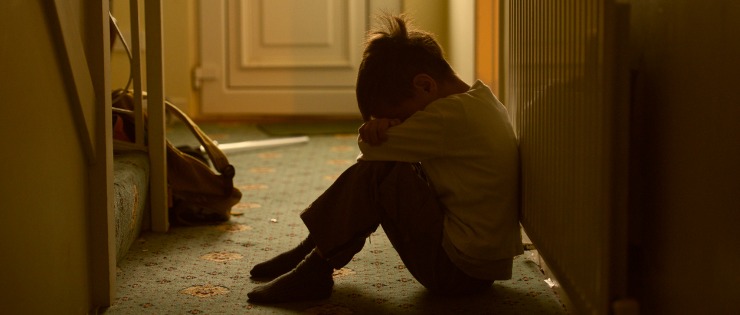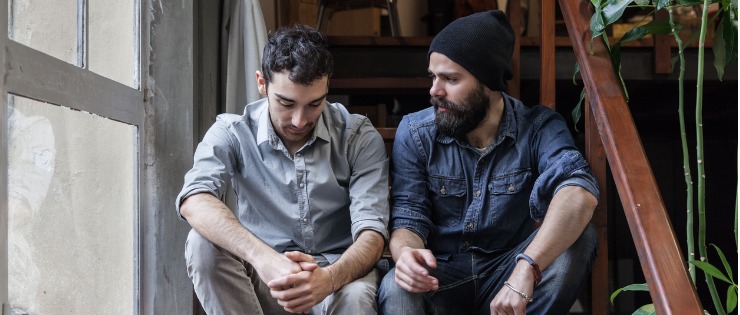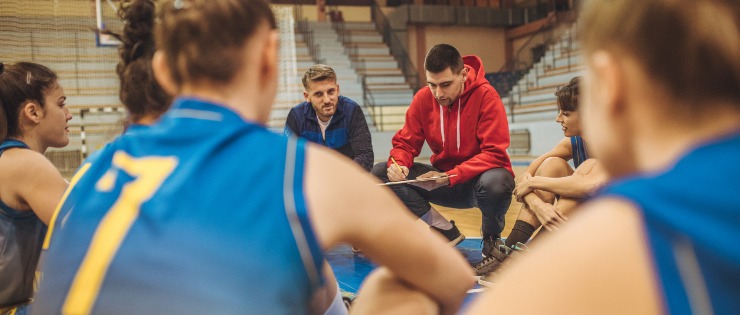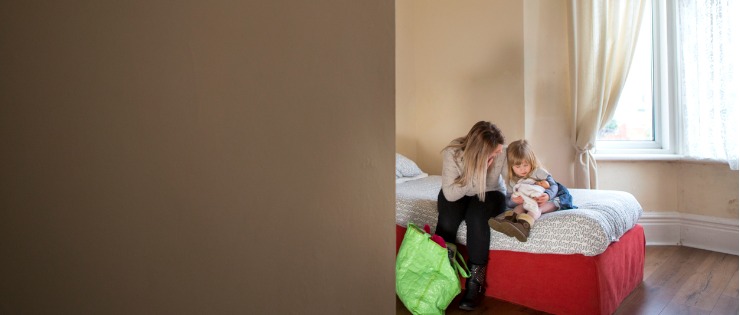
Domestic violence continues to be a huge issue in Australia, which makes raising awareness of the problem even more crucial. This can help to ensure that victims of domestic violence have more support and protection available. There are plenty of actions you can take to help improve community awareness of domestic and family violence.
What is Domestic Violence?
Domestic violence is violent behaviour between current or former partners, usually where one person will try to exert power and control over the other. Family violence is violence between family members, including between a parent and child, siblings or extended family members.
Domestic violence can affect anyone, regardless of gender, race, socioeconomics and religion. However, there are risk factors that make domestic or family violence more likely to occur. Some of these may include being unemployed or having a limited income, substance abuse, isolation and a history of abuse.
Increased rates of domestic violence have been recorded worldwide during the pandemic. In Australia, one woman per week and one man per month dies from domestic or family violence. Approximately one in six women and one in 16 men have experienced violence from a partner.
Types of Domestic Violence
Domestic violence comes in all different forms, but one commonality between all types of abuse is that it is designed to control a person and their actions. All forms of domestic and family violence can have harmful repercussions for the victims. Types of domestic violence include:
Psychological abuse
Physical abuse
Emotional abuse
Verbal abuse
Financial abuse
Sexual abuse
Stalking and harassment
Reproductive abuse
Image-based abuse

Domestic Violence Awareness Campaigns
In Australia, Domestic Violence Awareness Month is held in May. Its purpose is to raise awareness of the impact that domestic and family violence has on the community and to promote the message of zero tolerance.
White Ribbon Day is another domestic violence awareness program. The international movement began in 1981 when the 25th November was declared International Day for the Elimination of Violence Against Women. White Ribbon Day is held on the last Friday before 25 November.
Media coverage of the tragic cases of domestic violence in Australia over the last decade is continuing to spark public outcry that there are still so many victims who are being abused and murdered. Domestic violence campaigner Rosie Batty dramatically increased awareness after her son was murdered by her former partner. She was named the 2015 Australian of the Year for the contribution she has made to the cause.
What You Can Do to Make a Difference in Domestic Violence
Australians desperately want to turn around the devastating statistics of domestic violence, but most feel powerless. Despite this, there are still actions you can take that will help make a difference.

Talk to Others About Domestic Violence
For too many years, domestic violence wasn’t spoken of in Australia. It was considered by many to be a socially unacceptable topic of conversation. It meant that more victims stayed in an abusive relationship because there was little support for them. Today there are television programs, an awareness month and day, support groups, resources and most importantly, domestic violence is talked about. Keep the conversation going by talking to people about domestic and family violence to continue to raise awareness.
Speak to Your Employer
Organisations will support good causes, particularly when it’s one that is close to an employee’s heart. If you would like to spread the word amongst your colleagues and business network, speak to a manager about an idea you have for raising awareness.
Engage a Community
For these national awareness campaigns to have the most impact, they need leaders around the country promoting the cause within a community. The community may be location-based, a cultural group, sporting, work or religious group. The organisation will help community group leaders with resources and ideas for making change happen within a community.
If you’re involved with a community group such as a sporting club, suggest that the club has a round dedicated to awareness about domestic violence or respect. Include information about the cause on the club’s app, newsletter and in the clubroom. Alternatively, you could hold a sausage sizzle after a training session and hand out flyers.

Know How to Respond When Asking Someone if They’re Okay
It’s important that victims receive support from their community so they know they can leave an abusive environment. If you suspect a person is a victim of domestic or family violence, you should know what to say to make it easier to start the conversation.
If a person wants to talk about their situation, listen with empathy and compassion. Make sure you show that you believe what they are telling you, otherwise they may never have the confidence to tell their story again. Don’t use any language that could suggest that they may be to blame for their situation. While you may want to know more about their situation, some questions like ‘why have you stayed?’ can offend. Reassure them that you will help them gain support from a reputable organisation.
Make a Donation
Victims often leave domestic violence situations with little more than the clothes they’re wearing. They often need toiletries, kids clothes, toys, equipment and household items so they can start a new life. Making a monetary donation or donating personal care and household items can make a big difference in a person’s life.
Tell Your Story
If you have a personal story that you’re willing to share, write an article, contact a journalist and offer to be interviewed or write a review for the organisation that helped you. Current and recent victims of domestic violence often can’t tell their story for fear of their safety. However, if victims who are now in a safe place tell their stories, it gives others hope for their future and raises awareness in the community about how often domestic violence occurs and the devastating impact it can have.

Support a Domestic Violence Shelter
If you have a shelter in your area that accepts donations, let your local community know through social media groups when they are looking for unwanted goods. Even if people don’t have anything to donate at the time, people will become aware that a shelter exists and that there are people in need in their community.
Some organisations pay the rent on units for victims of domestic violence, so that they have a safe place to stay after leaving an abusive relationship. You could offer to make a donation, prepare meals or help with meeting the needs of the tenant.
Talk to Your Children
If you have a young child, teenager, or young adult, talk to them about showing respect and what respectful relationships look like. Parents play a large part in influencing their child’s attitudes which they take with them through adulthood. If you hear your child use language or act with disrespect towards another person, let them know that it’s unacceptable. Make sure you always model respectful behaviour in front of your children.
Resources
The following organisations offer free family violence support services: